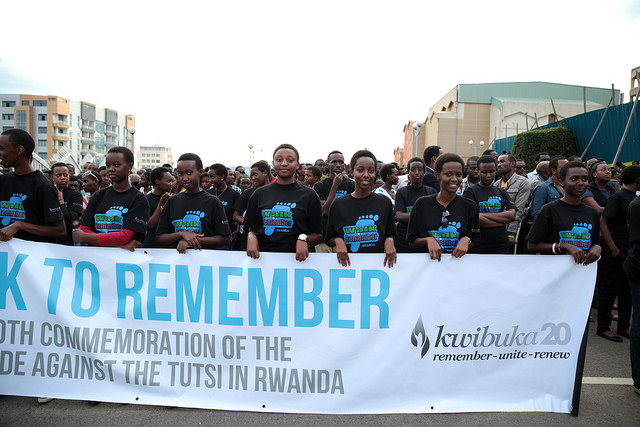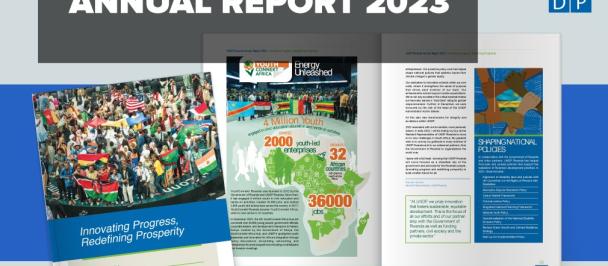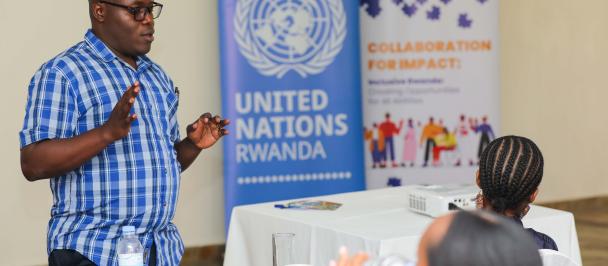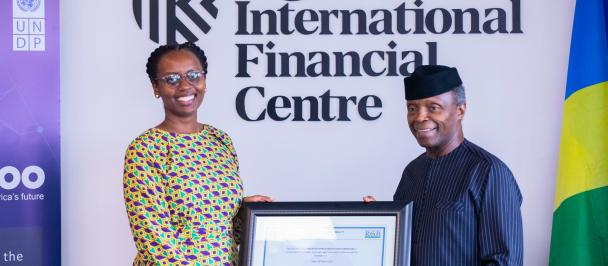Photo: Village Urugwiro
The commemoration of genocide on April 7 in Rwanda marked 20th anniversary of a brutal slaughter, in which close to one million people were murdered within 100 bloody days.
African heads of state, foreign dignitaries and former leaders from around the world joined the Kwibuka20 events in Kigali, beginning with a ceremony of wreath laying and lighting of the Flame of Mourning at the Kigali Genocide Memorial Center.
Speaking at the memorial event in the Amahoro stadium, U.N. Secretary-General Ban K-moon acknowledged the bravery of some UN personnel and the organization’s shortcomings in preventing the genocide.
“I heard and felt the silence of death. The silence of all those lost – and the silence of the international community in your hours of greatest need”, said the UN Secretary-General.
“Many United Nations personnel and others showed remarkable bravery. But we could have done much more. We should have done much more. In Rwanda, troops were withdrawn when they were most needed.
The shame still clings, a generation after the events”, he said.
The Secretary-General also praised the resilience of the genocide survivors, saying that it “defies belief” “Over the past generation, you, the people of Rwanda, have shown the world another essential truth: the power of the human spirit. Children witnessed enough brutality to age them overnight. Yet you, and your country, have found a way to emerge from the depths, overcome their frightful memories, and live again”.
In his commemoration speech, Rwandan President Paul Kagame paid tribute to the genocide survivors and Rwandans who defied the call to genocide and those who give voice to their remorse.
Kagame said that there should be no country, in Africa or anywhere else, ever needs to become “another Rwanda”. He affirmed that if a people’s choices are not informed by historical clarity, the danger is ever present.
President Kagame said that Rwanda was supposed to be a failed state.
“We could have become a permanent U.N. protectorate, with little hope of ever recovering our nationhood. We could have been engulfed in a never-ending civil war with endless streams of refugees and our children sick and uneducated. But we did not end up like that. What prevented these alternative scenarios was the choices of the people of Rwanda”, he said.
If the Genocide reveals humanity's shocking capacity for cruelty, Rwanda's choices show its capacity for renewal.
Today, half of all Rwandans are under 20. Nearly three-quarters are under 30.
President Kagame concluded that “They are the new Rwanda. Seeing these young people carry the Flame of Remembrance, to all corners of the country over the last three months, gives us enormous hope. We are all here to remember what happened and to give each other strength. As we do so, we must also remember the future to which we have committed ourselves”.

 Locations
Locations


